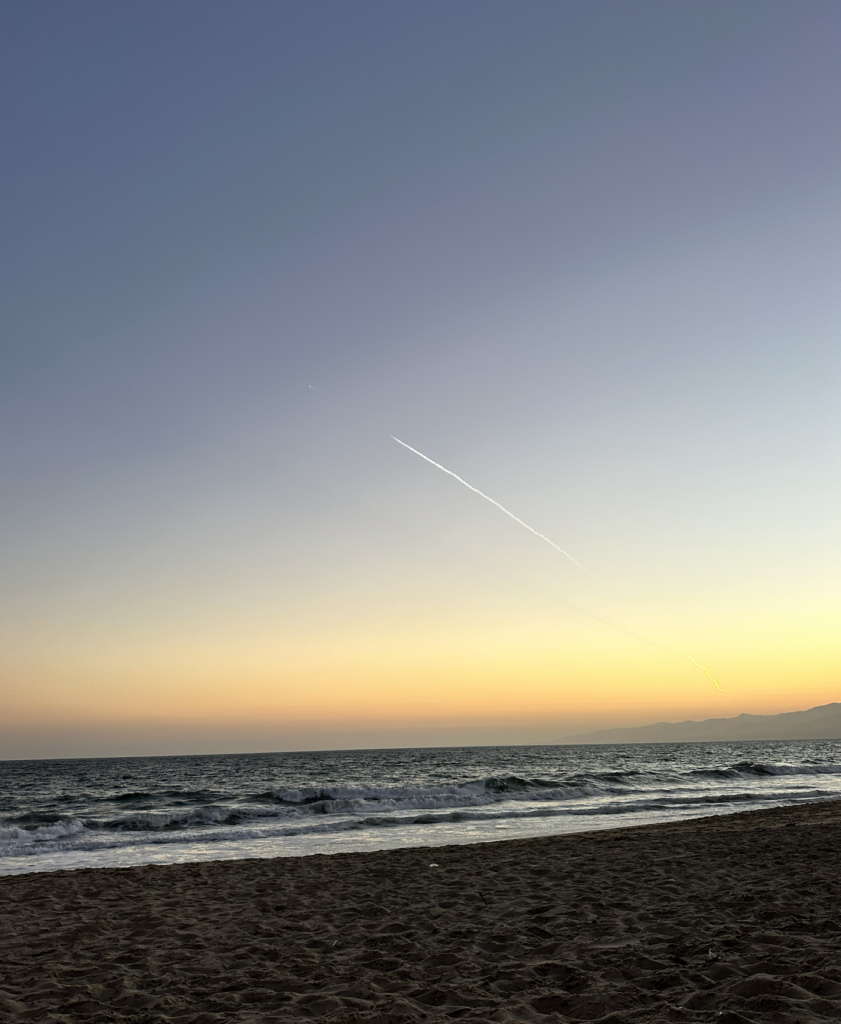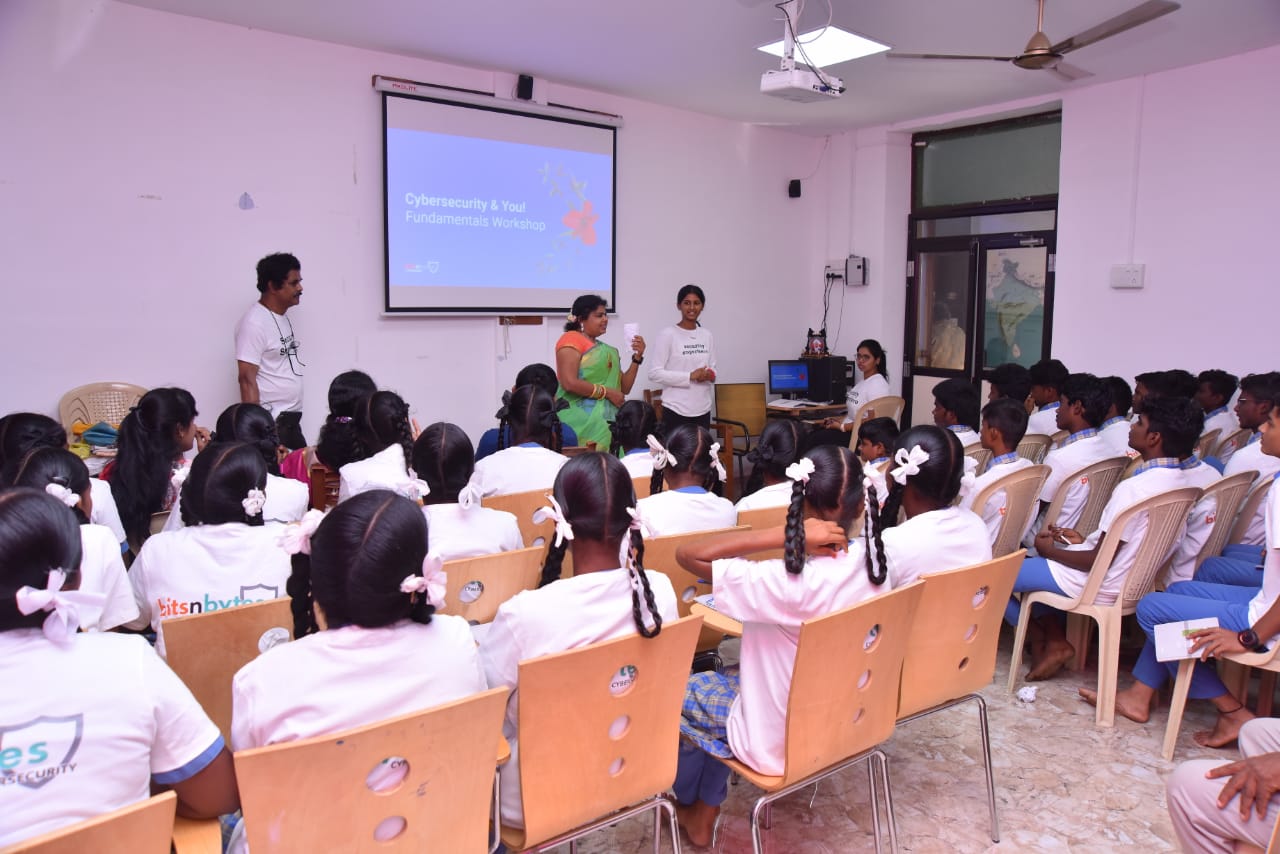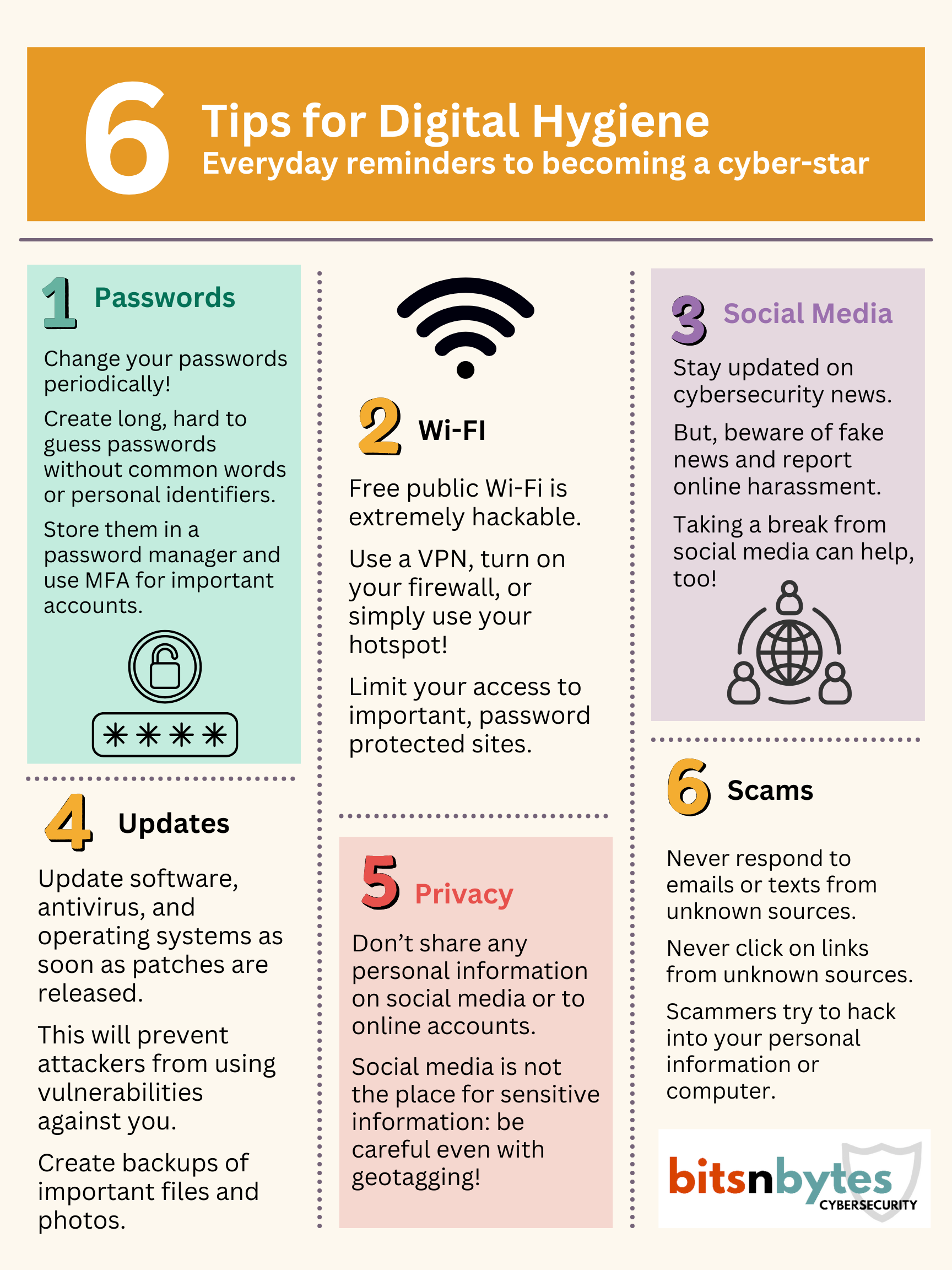Kyla here! Coming to you live from Planet Earth. 🙂 Having spent the better part of this last school year listening to Matt Kaplan’s thesis develop on the role of private commercial tech companies in national security (which, by the way, became an awesome briefer into all of the Space/NatSec history), I set out on a journey this summer to dive into this intersection at SpaceX. Having had an incredible three months working to answer these questions, I wanted to share a ‘countdown’ of learnings and takeaways from my summer, much like a countdown you would see if you watched one of SpaceX’ launches in Vandenberg or Cape. Let’s get into it!
10…Build trust with folks to ask the right questions to the right people: Internships are short and relationships take time to develop–as soon as you get through the front door, begin building relationships across your team and others. Come in with a set of questions but don’t plan to have them all answered on the first day–find the right people to build trust with and ease into your Q&A.
9…It’s actually really hard to transition from the constant mobility that we experience in college to being able to “lock in” for the 9-5 (or many times longer) work day. Things I found that helped in doing this: create a routine and incorporate movement into the day if it keeps you productive. I think it took me about a month into the role to settle in and find ways to move around our office campus in productive ways. I regularly talked about this with my roommates in the beginning, since it seemed like something we were all facing. Slowly but surely we all fell into our routines and found which windows of time felt most productive–trust the process.

8…One such routine that I think I’ll carry with me–incorporating industry specific podcast news into my mornings! As someone who didn’t really grow up around space-related conversations, I was itching for ways to pick up on the lingo faster and understand things like first stage, second stage, rocket booster, rocket burn, de-orbit, COLA (collision avoidance), nominal, and more. I discovered the ‘T-minus’ podcast which was the perfect mix to turn on during my morning routine.
7…Summer is just as much about discovering more about yourself and pushing yourself to new boundaries, as it is pushing your knowledge-base and skills to the next level. This summer represented so many firsts for me, including renting a car for the first (and second) time, learning to work in a field without much prior knowledge in the topic, running regularly (many thanks to the run-club accounts that then inundated my feeds), and navigating a new city altogether. But these were also the moments and factors that made this summer so special!

6…Vertical integration is relevant (even in security!). It’s no secret that SpaceX attempts to be vertically integrated in every fashion and by doing so, is also making space launch more affordable and repeatable. In a world where there are security vendors around every corner, this summer made me realize that “less is more” and vertical integration can be something that bleeds through a company’s security philosophy as well.
5…Get yo’ hands on hardware. If you’re traditionally a software person, I would highly recommend placing yourself in a setting to understand the challenges of integrating software into a hardware environment. This was humbling for me…and an incredible opportunity to work with folks across EE, ME, Thermal Engineering, and more in the company. Rocketry is all about hardware, so get excited to dive headfirst into the hard integration problems.

Ample amounts of froyo were consumed in the making of this post…ft. my stellar roommate and resident EE mentor, Sarah!
4…The key to building things fast lies in failing…a lot. This summer was quite the summer for the Falcon 9 rocket (seen here and here)–but I realized that what sets you ahead is failing so many times that when an anomaly does happen, you are immediately able to see the signs, understand where the system has failed, and realign your engineering efforts accordingly.
3…I don’t think I’ll ever get over how cool human spaceflight is. One of the coolest opportunities I had this summer was to beta test the UI/UX that the astronauts see when they are up in space–much like what the Polaris Dawn crew may have seen when they were following procedures in the sky. This taught me the importance of communication with the ground (or erring on the side of over-communication for a yapper like me!), and made me ask loved ones around me, “would you go to space if you had the chance? If it was accessible to you?” It dawned upon me that we may be faced with this question quite possibly not too far into the distant future.
2…A shift in perspective as a security-person: when you start seeing security issues as fundamental product defects–when security issues are defined as issues that will impact the functionality of the product as a whole…that’s when we get more buy-in and change.
1…The last major takeaway was just how gosh-darn cool it is what SpaceX is trying to do for the space sector and our national security ecosystem. There are already a handful of articles public about these partnerships, but to get to see these technical partnerships first-hand and work alongside the humans driving these relationships was something truly magical. Boy, am I walking out really amazed by the engineering ingenuity, the fearlessness to fail and try again, and the willingness to attempt the impossible. If you want to get a sense for this, I highly recommend watching Countdown and Return to Space on Netflix for your edification (trust me, I am not a born-space nerd at all and both these films had a hold on me).

…And takeoff! What a summer it has been and what a time to be alive. One thing’s for sure, these next few years are going to be filled with changes for the space industry and advancements that push our boundaries further as a country and as humankind. So what would I say if you’re thinking about exploring the role of space in national security? Like Sheryl Sandberg says, “if you’re offered a spot on a rocket ship, don’t ask what seat, just get on.”


